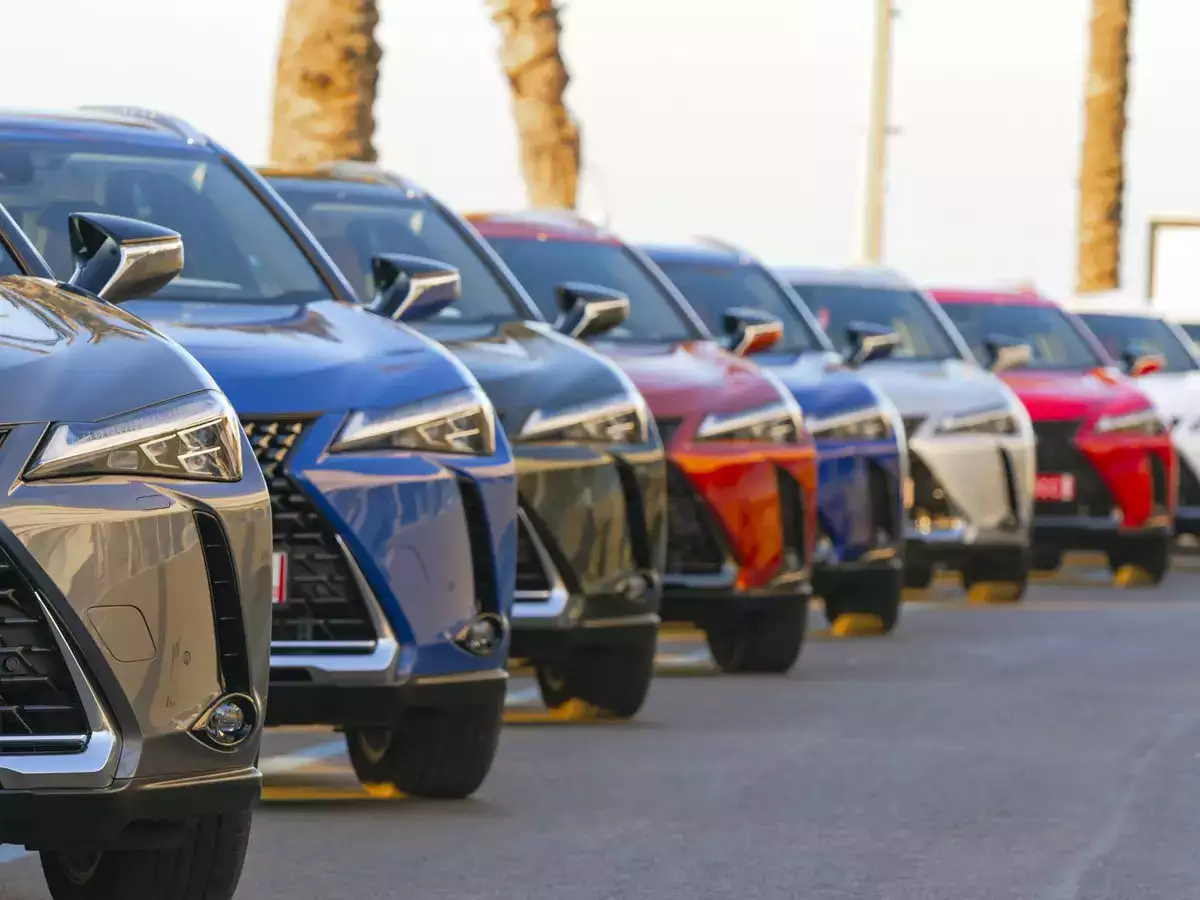
This will come after a 30% price increase that has already happened since the transition to Bharat Stage VI emission norms in April 2020, according to an ET report by Sharmistha Mukherjee.
"The challenge is not only to develop a vehicle which meets the stringent CAFE 3 and CAFE 4 norms, but also to price it such that there are buyers for them. You can make a low emission vehicle but if it is not priced affordably, there will be no takers and no benefit. It will impact the CAFE score of the company," an industry executive told the financial daily.
The BEE has asked industry stakeholders to submit their comments by the first week of July, after which they will study the representations and notify the final guidelines. CAFE 3 norms are set to come into effect from April 2027.
CAFE standards regulate the carbon emissions from the total number of vehicles sold by a manufacturer within a financial year. These norms are enforced on a company's entire vehicle production, and non-compliance with the established limits results in severe financial penalties. The authorities believe that these penalties will compel carmakers to produce vehicles with higher fuel efficiency.
According to the proposed regulations, if the average fuel efficiency of the cars sold by a manufacturer exceeds the set limit by up to 0.2 litres per 100 km, the penalty is INR 25,000 per vehicle, and if it exceeds by more than 0.2 litres per 100 km, the penalty is INR 50,000 per vehicle.
What is the Carbon emission target?
BEE has proposed carbon emission targets of 91.7 gm CO2/km and 70 gm CO2/km for CAFE 3 and CAFE 4, respectively, based on the World Harmonised Light Vehicles Testing Procedure (WLTP).
In a small concession to automakers, the agency has agreed to extend the transition period to CAFE 4 norms from three to five years, which aims to reduce vehicular carbon emissions by another 24 percent by 2032.
What did stakeholders say
Industry stakeholders had expressed concerns that a shorter lead time to transition to CAFE 4 norms would negatively impact product planning, development, and investment cycles.
A second unnamed senior industry executive said, "While the government has agreed to extend to five years the transition to CAFE 4, the targets outlined are tough. Not only would carmakers have to reduce carbon emissions and fuel consumption for the entire fleet in the next three years, these parameters will also be measured as per WLTP."
After March 2027, fuel consumption readings will be higher when determined under WLTP and compared to the current Modified Indian Drive Cycle (MIDC).
Disclaimer: The copyright of this article belongs to the original author. Reposting this article is solely for the purpose of information dissemination and does not constitute any investment advice. If there is any infringement, please contact us immediately. We will make corrections or deletions as necessary. Thank you.





